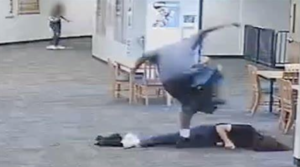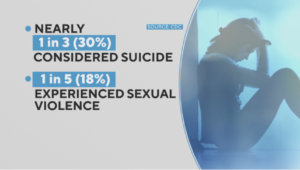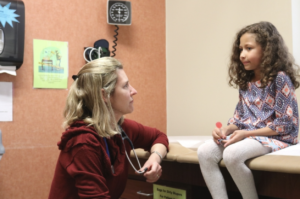By James C. Sherlock

The National Incident Management System Preparedness Cycle
We could see it wasn’t right as it unfolded.
Virginia’s flawed response to COVID was slow for all Virginians.
Fatal for some.
But the public just saw the broad stroke external effects.
- We saw executive orders that seemed sudden, sweeping, and disconnected from the information we had. It turns out that often the governor himself was operating in an information vacuum.
- In the pandemic’s early phases, the Commonwealth finished last or next to last among states in crucial responses like testing and vaccination program rollouts. Everything seemed to be invented ad hoc rather than from a plan. It turns out that was true.
- There was a prescient and well-drawn pandemic operations plan that had been produced by a contractor, but virtually no one in the administration knew what it required, and certainly had never practiced it in any meaningful way or fine-tuned it based on realistic exercises. When BR found and reported on that plan in 2020, it was pulled from public view.
It is important to make sure that doesn’t happen again, whether in another pandemic or in a cyber attack, hurricane, flood, mass shooting, kinetic terrorist attack, nuclear plant emergency, or something else.
In response to my request, a very cooperative Virginia Department of Emergency Management (VDEM) FOIA official has provided a remarkable and profoundly disturbing two-volume series detailing a running history and operations analysis of what happened inside the government.
It is titled “COVID-19 Pandemic History and After Action Report” Vol. 1 (covers 2020) and Vol. 2. (covers 2021) hereafter referred to as the HAAR.
It was compiled and written under contract by CNA, a highly regarded federal contractor, who had people on site in Richmond during the COVID response.
The HAAR describes and assesses a series of widespread and seemingly endless internal and external government breakdowns that compromised the health and lives of Virginia’s citizens.
Management turmoil in the state government during COVID was so extensive as to be almost indescribable by any group with less talent than the CNA team.
The HAAR documents that Virginia’s COVID response was hamstrung by a lack of operations management experience in the leadership.
I understand that with authority comes responsibility.
But the governor, his Secretary of Health and Human Resources, and his Health Commissioner were effectively the chain of decision makers during COVID. All three were physicians.
But that is one reason we have a civil service.
Virginia’s civil service failed to prepare for its roles in emergency response long before Ralph Northam was governor. HAAR documents the complete inability of the bureaucracy to plan, organize and equip, train for, exercise and execute emergency plans.
It is clear to me that without capable civil service support, no administration would have fared well. I hope, by exposing this deadly failure, to prevent the same thing from happening again tomorrow.
I will make strategic recommendations here in this first part of what will be a series on this issue.
Continue reading →













